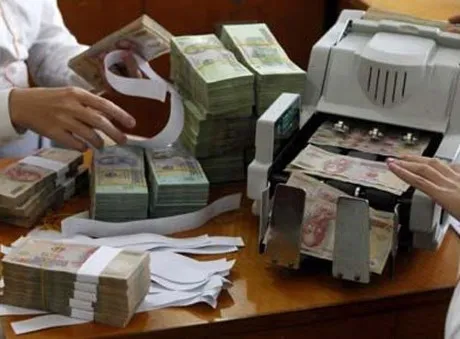State Bank must stabilise interest rates

The Government has targeted 6.7% GDP growth by the end of this year. With such an ambitious goal, the State Bank of Vietnam has to put several measures in place to ensure capital resources for the country’s economic development. Some of these measures include: stabilising interest rates, managing inflation, and maintaining capital resources for business activities.
In order to increase capital funds, in June and July, some commercial banks lifted the interest rates on long-term deposits by 0.1-0.4%. Normally, with an increase in deposit rates, banks will also lift interest rates on lending, but some commercial banks have chosen not to.
Can Van Luc, Economic Expert said: "Recently, some commercial banks have increased interest rates on deposits. But this adjustment does not have much influence in the long run, as it only happened at one point in time, not over a long period, or throughout the whole banking system".
Nguyen Thi Phuong, Vice General Director, AgriBank Vietnam said: "Once banks increase deposit rates, they will also increase lending rates; enterprises will lose their competitiveness by facing higher loans. The chances of bad debts will increase. We are trying to stabilise lending rates by cutting down on other fees, and ensuring favourable conditions for enterprises".
Stablising interest rates, curbing inflation, and ensuring capital resources for the economy are all required tasks set by the central bank. The State Bank of Vietnam needs policies to meet these requirements.
Nguyen Thi Hong, Deputy Governor, State Bank of Vietnam said: "The growth of the economy has slowed in the first quarter, but the Government insisted on keeping the 6.7% growth target. Thus, the State bank of Vietnam has to develop flexible measures to ensure capital flows for business activities. For example, commercial banks are now free to issue dollar loans, and the SBV also has adjusted Circular 36 for more flexible policies. On a daily basis, the central bank is still in control of interest rate fluctuation, supporting government bond issuance, and stabilising exchange rates".
According to the State Bank of Vietnam, stabilising interest rates is still a priority, in order to ensure capital funds for business activities and support economic growth.
Tags:





